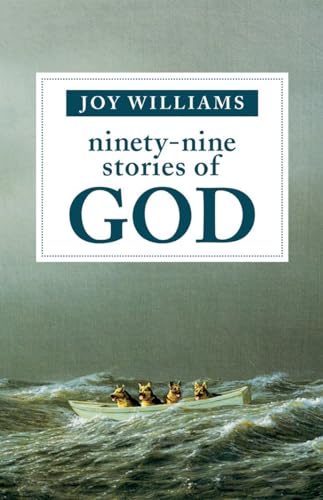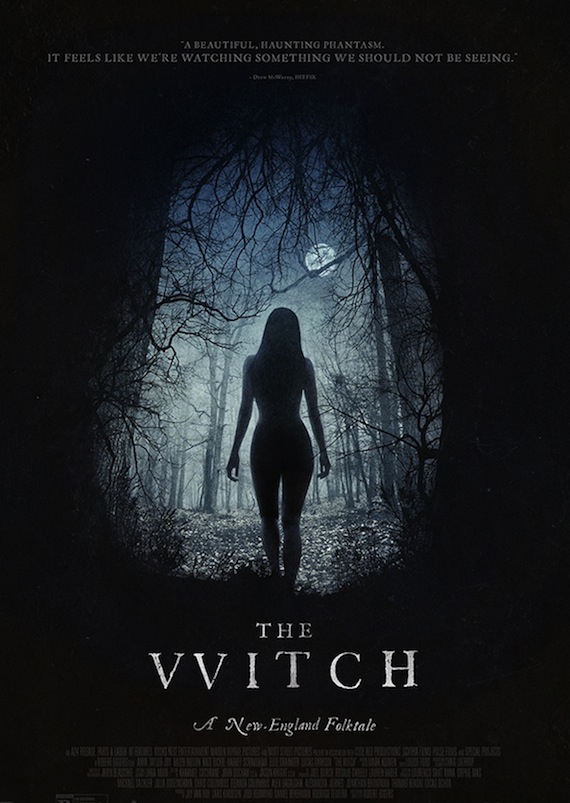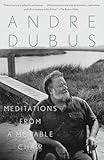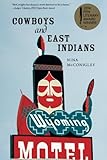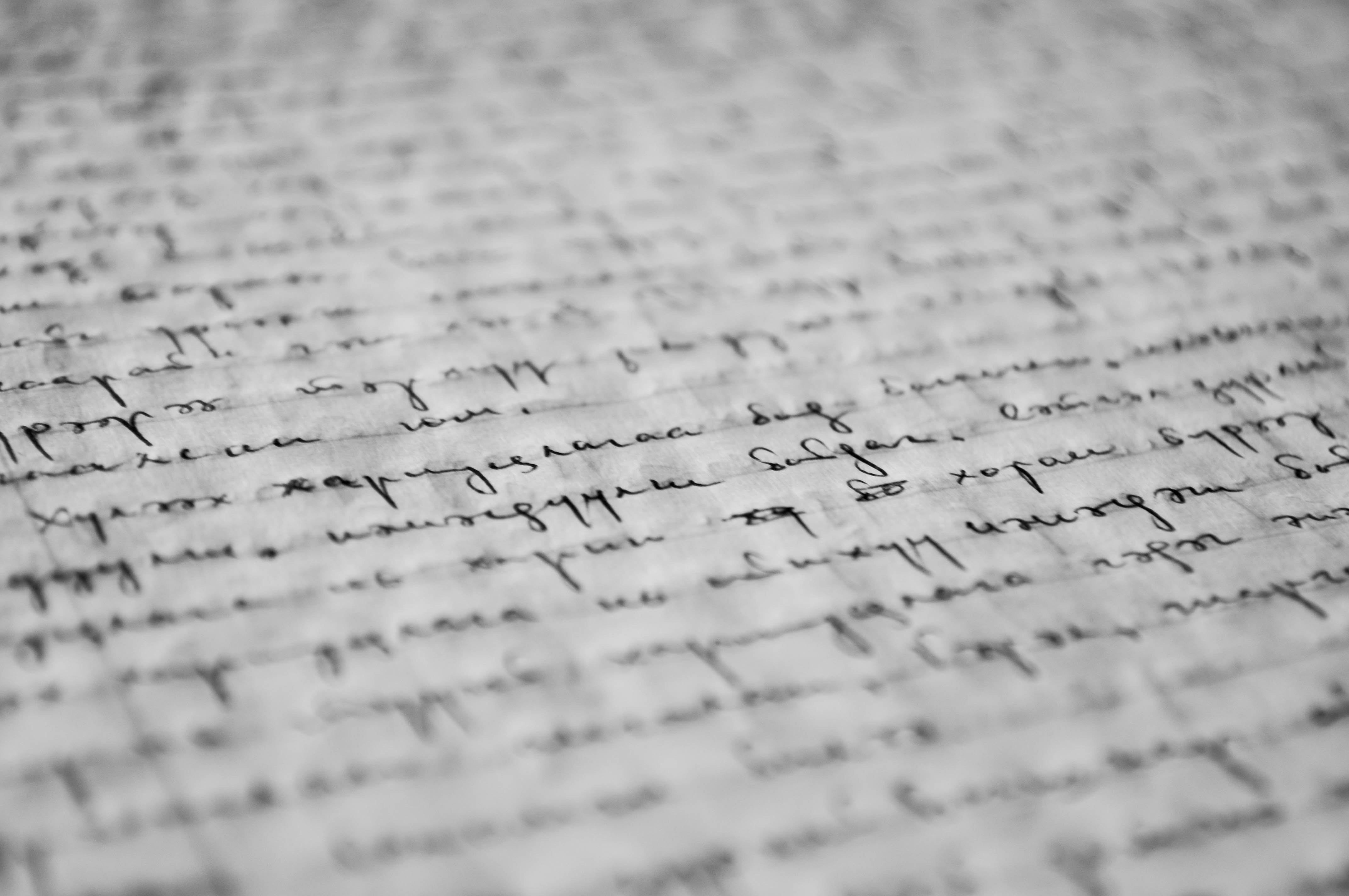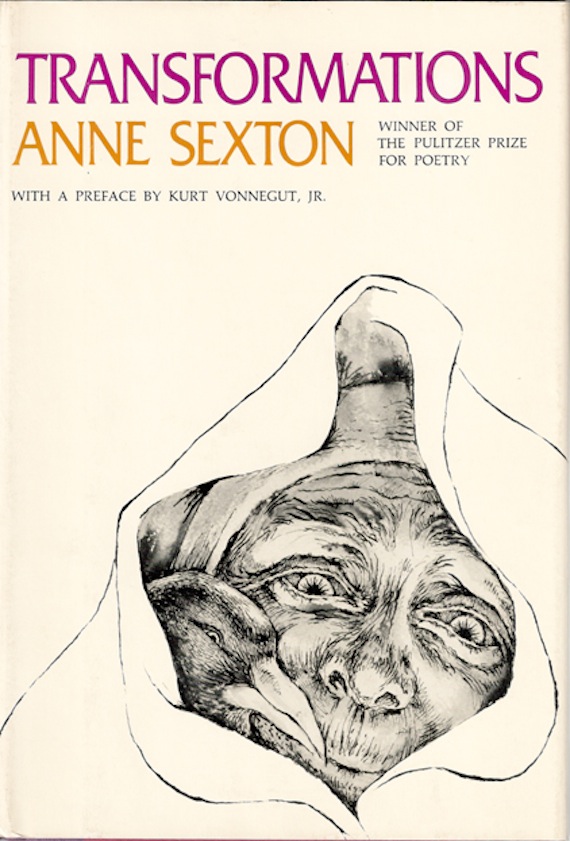
The Art of the Eulogy: On ‘Dead People’
The traditional Aristotelian method of eulogy is to step back and consider someone’s life from a distance. Instead, the authors of 'Dead People' dig in: 'We’ve chosen to wear our bias on our sleeve. We’ve chosen to take these lives personally.'
